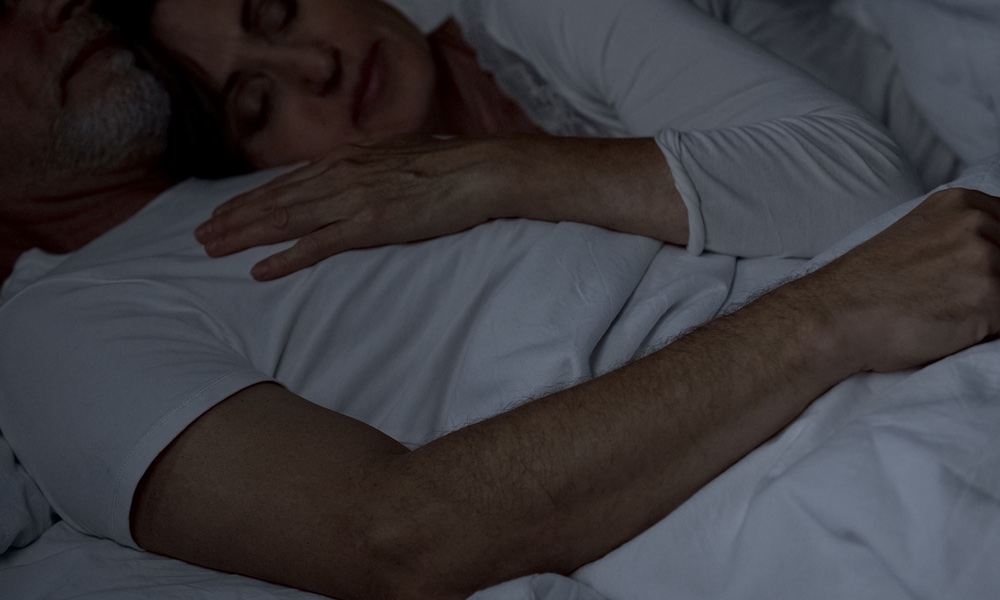Does it get dark where you are? It's getting harder and harder to find places that are truly dark. Artificial light from streetlights and commercial signs, as well as homes and buildings, lights up the night.
Being exposed to artificial light interrupts our body's natural wake and sleep cycles, also known as our body clock or circadian rhythm. This can have serious health consequences, as a recent study found.
Nearly 89,000 people in the United Kingdom wore an activity device for one week. The devices were equipped with light sensors. Then researchers from Australia, the U.S. and the United Kingdom tracked the UK Biobank participants’ light exposure and risk of death over eight years.
The results were dramatic. People who enjoyed the brightest days had a 17 to 34 percent lower mortality rate compared to those who went about their days in a dimmer environment. More crucially, people who experienced bright light during the dead of night — between 2:30 and 3 in the morning — had a higher risk of mortality.People exposed to bright days and dark nights could be living up to five years longer than people with bright nights and dark days.
Light represents an “emerging risk factor for poor health and longevity,” Daniel Windred, lead author of the study and a postdoctoral researcher at Flinders University in Australia, said in a press release.
It's important to note that the study only shows a correlation between light and longevity, but the results are still impressive. They reflect decades of research that indicate how our modern relationship to artificial light negatively affects not only our circadian rhythms, but also how we sleep, our blood pressure, and the way our body uses energy and releases hormones.
Windred stresses that daylight is much more beneficial to your body than a typical indoor environment where you may be exposed to only about 100 to 500 lux (a unit of measurement for light) compared to anywhere form 10,000 to over 100,000 lux depending on the conditions and time of day. Even a cloudy day offers more exposure to daylight than staying indoors.
Morning light is the best for our bodies, but afternoon light helps, too. “If you come home from work in the afternoon and the sun is up, it's still a good time to get light,” Windred said.
Darkness at bedtime is as important as adequate exposure to daylight. The researchers estimate that people with both bright days and dark nights could be living up to five years longer than people with bright nights and dark days.Even a cloudy day offers more exposure to daylight than staying indoors.
To create an optimally dark bedroom, the Sleep Foundation suggests the following:
- Cover windows. If your blinds or curtains do not block outside light sufficiently, consider investing in blackout curtains.
- Mind the gap. Turn off hallway lights before going to bed, or place a rolled-up towel against your door gap to block light from entering.
- Try an eye mask. If it's not possible to block light from entering your room, or if you prefer not to, wearing an eye mask might help. Research suggests that light penetrates the eyelids and, in doing so, inhibits melatonin production.
- Stow electronics. It's best to put your cell phone, laptop, and tablet away at least 30 minutes before bed to promote quality sleep. Using electronic devices before bedtime is associated with sleep issues and poorer quality sleep.
- Dim the lights. Research has shown that being in a fully lit room prior to going to sleep results in delayed and shortened production of melatonin compared to dim lighting.
- Plan for nighttime safety. You may need to use the bathroom or get a drink of water in the middle of the night. Rather than turning on overhead lights, illuminate your pathway with tiny floor or nightlights.
The study is published in PNAS, Proceedings of the National Academies of Sciences.





